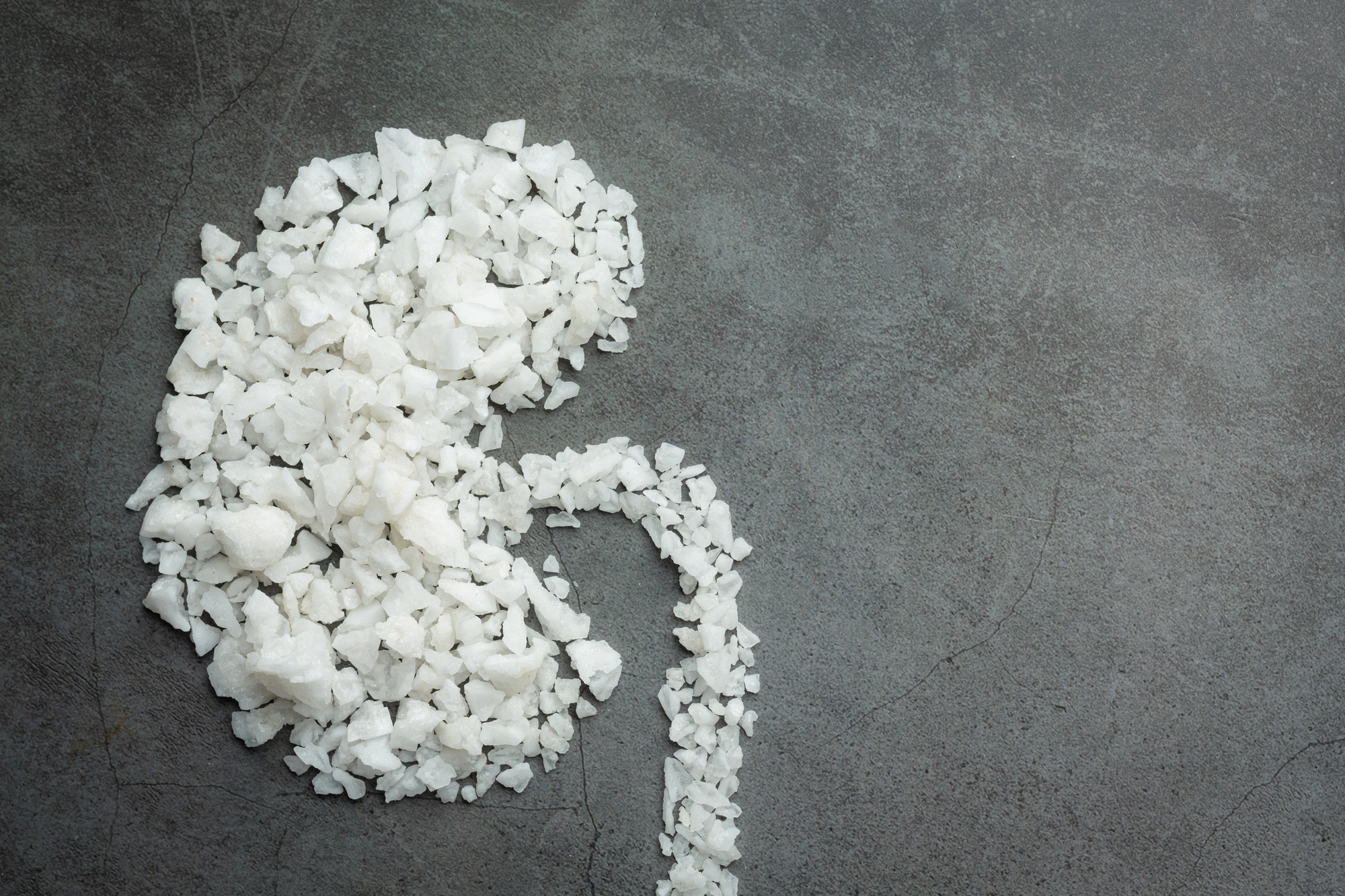Exercise has long been touted as one of the best ways to improve mental health. After all, it’s good for your heart and your muscles. However, exercise is not the only way to improve your mental health.
The Relationship between Exercise and Mental Health
Regular exercise has a wide array of mental health benefits, from reducing stress and anxiety to improving mood and cognitive function. Research has shown that people who are physically active throughout the week report lower levels of stress and anxiety, better mental well-being, and greater physical satisfaction than those who are inactive or only moderately active. So how can you make sure that your exercise routine is helping to improve your mental health? Here are some tips:
- Make sure you’re getting enough sleep. A well-rested mind is a healthy mind. Lack of sleep can lead to increased stress levels and an overall sense of fatigue, which can interfere with your ability to maintain an active lifestyle. Try to get at least seven hours of sleep each night, and make sure that any missed nights aren’t made up with naps.
- Find a workout routine that works for you. If you’re new to exercise, start slowly by completing shorter sessions each time until you reach your desired level of intensity. Additionally, find a class or activity that appeals to you; it’s important to have something motivating to keep you on track!
- Take breaks during your workout regimen. When working out for extended periods, it’s important to allow your body time to recover so that you don’t feel fatigued or strained later on in the day. Try taking 10–15-minute breaks every hour or two to restore hydration and energy levels before returning to the routine.
- Drink plenty of water. Electrolytes are important for maintaining fluid balance and keeping your muscles moving smoothly. Make sure to drink at least eight glasses of water each day, and aim for more if you’re exercising vigorously.
- Eat healthy foods before and after your workout. Eating a healthy diet can help to reduce stress levels and improve overall health, but it’s also important to refuel after exercising to avoid feeling tired and rundown afterward. Try eating a balanced meal full of protein, carbohydrates, and vitamins, followed by a glass of cold water or juice to rehydrate.
Click Here to website our site to get knowledge about Sanpaku Eyes Which is a medical Condition of Eyes : How Rare Are Sanpaku eyes
Types of Exercise that Help Improve Mental Health
There are a variety of types of exercise that can improve mental health, including cardio, strength training, and yoga.
All three can help to reduce stress and anxiety levels, boost moods, and improve cognitive function.
Mental health
In addition to these general benefits, specific exercises for mental health can also be tailored to target specific problems. For example, some people with bipolar disorder may find therapeutic exercises such as breath work helpful in managing mood swings.
The best way to determine
The best way to determine which type of exercise is right for you is by consulting with a healthcare professional. However, some general guidelines can help you get started:
– cardio exercise should be moderate-to-vigorous in intensity and duration;
– strength training should focus on compound movements that use multiple muscle group;
– yoga can be performed in any position or sequence desired;
– practice mindfulness or meditation throughout the day.
Click Here to get some facts about Eyes: How Rare Are Sanpaku Eyes

How to Make Exercise an Important Part of Your Daily Routine
Regular exercise has many benefits for mental health, including reducing stress, improving mood and cognitive function, and preventing depression. However, not all people respond positively to exercise.
If you’re not comfortable getting physical activity or if you find it difficult to stick to a routine, there are a few ways to make exercise an important part of your daily routine.
- Choose the right type of exercise. aerobic exercises such as running or cycling are good for overall health and reduce stress levels but can be uncomfortable for some people. strength training can help build muscle and reduce weight while also increasing strength and endurance. splashing around in water is another great way to get cardio and toning without having to leave the comfort of your home.
- Make it a social activity. Exercise is much more enjoyable when shared with others, so find someone to work out with or join a fitness group in your community. This will give you support and motivation to stick with your routine even when it’s tough.
- Take breaks. Don’t try to push yourself beyond your limits all the time, especially if you’re new to exercising or haven’t exercised in a while. Allow yourself ample time between sets and exercises so that you don’t overdo it and end up feeling miserable instead of energized.
- reward yourself! After completing a good workout, take some time for yourself (eek! What does this mean for my diet?!) and enjoy a relaxing bath, a good book, or a favorite movie. This will help you stick to your routine and make exercise feel like a positive experience, not a duty.
Conclusion
It is well-documented that exercise can help improve mental health, but what about the other way around? Too often we think of our mental health as a static state that we cannot change. However, many people discover through experience that their mental health can be improved by making small changes to their lifestyle. This includes things like exercising regularly and eating a nutritious diet. If you are looking to improve your mental well-being, start with these basics and then work on expanding your horizons as you see fit.











